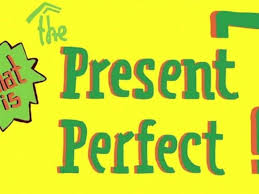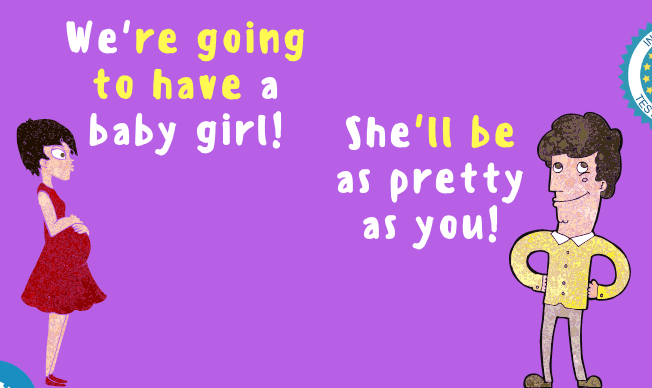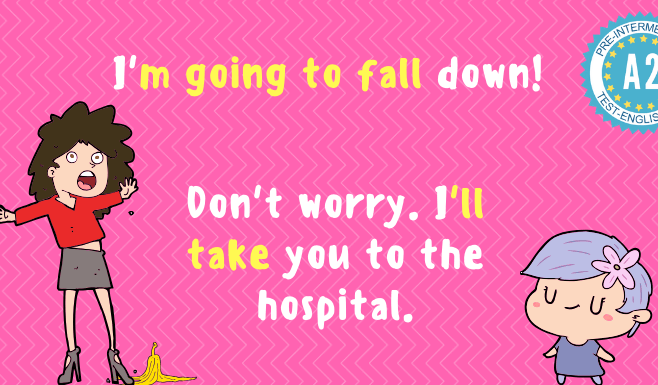
❌ “Teacher, I need more five minutes.”
A lot of English learners say that to me.
I get it — they’re thinking in Portuguese, where we say “mais cinco minutos.”
But in English, the word order is different.
Let’s fix it:
❌ more five minutes → ❌ wrong
✅ five more minutes → ✅ right!
📚 Why?
Because “more” is a modifier — a word that gives additional information about another word.
In this case, it modifies the noun (minutes), and it must come after the number.
➡️ In English, the correct structure is:
👉 number + more + noun
- I need ten more minutes.
- She bought two more books.
- We’ll wait five more days.
🆚 “Five more minutes” or “Five minutes more”?
Both are grammatically correct, but there’s a difference in tone. Let’s compare:
✅ Five more minutes (most common, especially in conversation)
– Most common – standard form for everyday English
– Natural in everyday conversation
– Neutral tone
Example:
Can I have five more minutes, please?
✅ Five minutes more (less common, more literary or dramatic)
– Less common
– More poetic, dramatic, or old-fashioned
– Often used in songs or literature
Example:
Just five minutes more — let the world wait while I gather my thoughts.
🎧 Practice Time!
1. Complete with the correct word order:
a) I need ______ to finish this book.
(more / five / minutes)
b) She bought ______ for the trip.
(bottles / more / two)
c) We waited ______, but he never came.
(more / ten / minutes)
d) He asked for ______ to explain.
(one / more / chance)
e) And then she whispered: “Give me ______, just to say goodbye.”
(more / five / minutes)
2. Identify the correct sentence:
a)
( ) I’ll need more five hours.
( ) I’ll need five more hours.
b)
( ) She read two more pages.
( ) She read more two pages.
c)
( ) We’ll stay more three days.
( ) We’ll stay three more days.
d)
( )Five minutes more, and he would’ve seen the sunrise.
( ) More five minutes, and he would’ve seen the sunrise.
3. Translate to English using the correct structure:
a) Eu preciso de mais cinco minutos.
b) Ele ficou mais três dias no hotel.
c) Podemos esperar mais dois minutos?
d) Ela pediu apenas mais um minuto de silêncio.
e) Mais cinco minutos e tudo teria sido diferente.
4. Fix the sentence (rewrite it correctly):
a) I want more ten minutes.
b) She needs more two books.
c) Can I have more one chance?
d) Just more five seconds and we would have kissed.
5. Creative Writing Prompt ✍️
Complete the sentence using your imagination and the structure “___ more ” or “ minutes more”:
a) Five minutes more and…
(Exemplo: Five minutes more and the storm would’ve passed.)
b) One more chance to…
c) He needed just a few more…
d) Ten more steps and…
Answers:
Exercise 1: a. five more minutes; b. two more bottles; c. ten more minutes; d. ten more minutes; e. five more minutes
Exercise 2: a. (✔) I’ll need five more hours./ b. (✔) She read two more pages. / c. (✔) We’ll stay three more days. / d. (✔) Five minutes more, and he would’ve seen the sunrise.
Exercise 3: a. I need five more minutes. / b. He stayed three more days at the hotel. / c. Can we wait two more minutes? / d. She asked for just one more minute of silence. / e. Five minutes more and everything would have been different.
Exercise 4: a. I want ten more minutes. / b. She needs two more books. / c. Can I have one more chance? / 4. Just five more seconds and we would have kissed.
🎧 Now Fun Time!
Listen carefully to this classic Phil Collins song from 1984
and work on the lyrics by playing this fun game: https://lyricstraining.com/play/phil-collins/one-more-night






